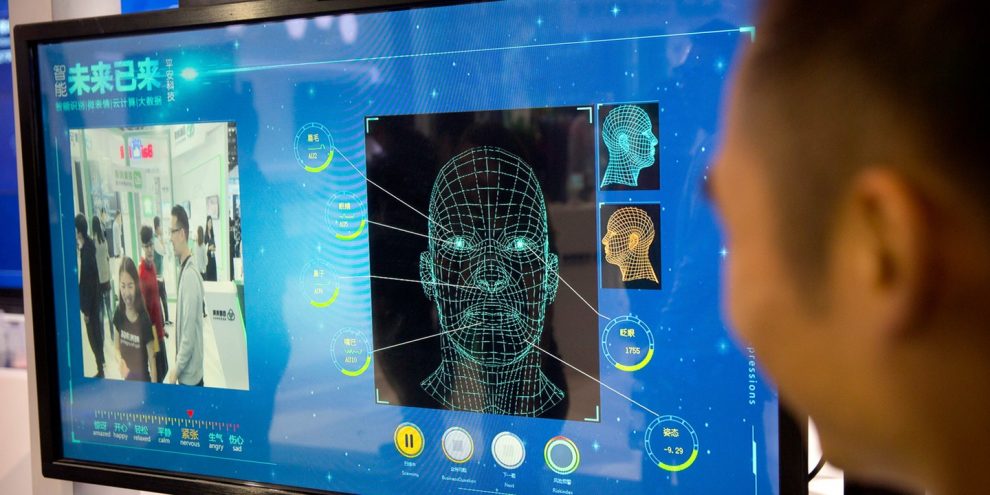American psychologist Paul Ekman’s research on facial expressions spawned a whole new career of human lie detectors more than four decades ago. Artificial intelligence could soon take their jobs.
While the U.S. has pioneered the use of automated technologies to reveal the hidden emotions and reactions of suspects, the technique is still nascent and a whole flock of entrepreneurial ventures are working to make it more efficient and less prone to false signals.
Facesoft, a U.K. start-up, says it has built a database of 300 million images of faces, some of which have been created by an AI system modeled on the human brain, The Times reported. The system built by the company can identify emotions like anger, fear and surprise based on micro-expressions which are often invisible to the casual observer.
“If someone smiles insincerely, their mouth may smile, but the smile doesn’t reach their eyes — micro-expressions are more subtle than that and quicker,” co-founder and Chief Executive Officer Allan Ponniah, who’s also a plastic and reconstructive surgeon in London, told the newspaper.
Facesoft has approached police in Mumbai about using the system for monitoring crowds to detect the evolving mob dynamics, Ponniah said. It has also touted its product to police forces in the U.K.
Hollywood doesn’t deserve a tariff bailout
Letitia James town hall derailed by Trump supporter’s question: ‘Will you apologize?’
JD Vance’s Half-Brother Successful in Ohio Primary Election After Getting a Boost from the VP
‘Viva il papa!’ Catholics celebrate new pope
Anti-Israel mob descends on Brooklyn College in NYC as agitators brawl with police, get tased
Department of Justice opens criminal investigation into NY AG Letitia James
Vance urges nonintervention with India and Pakistan as conflict escalates with mass drone attacks
Trump Picks Judge Jeanine Pirro to Fill DC Prosecutor Post After First Choice Blocked by GOP Senator
Biden Family Desperate for a New Source of Income After ‘the Spigot Is Turned Off’: Report
Trump makes Fox News’s Jeanine Pirro DC’s top prosecutor
Capitol Hill lawmakers react to election of first American pope: ‘Unbelievable’
Trump’s first vice president urges his old boss against raising taxes on wealthy Americans
Watch: Jill Biden Steps In as Joe Struggles to Answer ‘The View’ Co-Host’s Question About His Cognitive Health
Fox News Politics Newsletter: Trump Hails ‘Great Honor’ of First American Pope
White House highlights over $2B in savings from DEI cuts during Trump administration’s first 100 days
The use of AI algorithms among police has stirred controversy recently. A research group whose members include Facebook Inc., Microsoft Corp., Alphabet Inc., Amazon.com Inc. and Apple Inc published a report in April stating that current algorithms aimed at helping police determine who should be granted bail, parole or probation, and which help judges make sentencing decisions, are potentially biased, opaque, and may not even work.
The Partnership on AI found that such systems are already in widespread use in the U.S. and were gaining a foothold in other countries too. It said it opposes any use of these systems.
Story cited here.
























